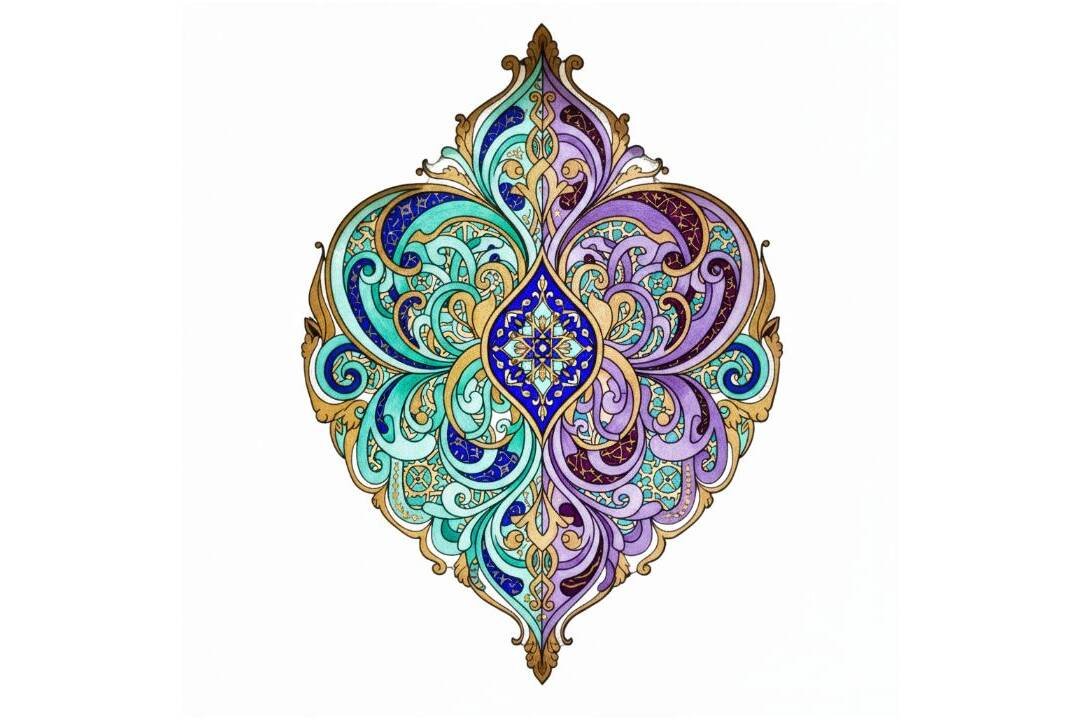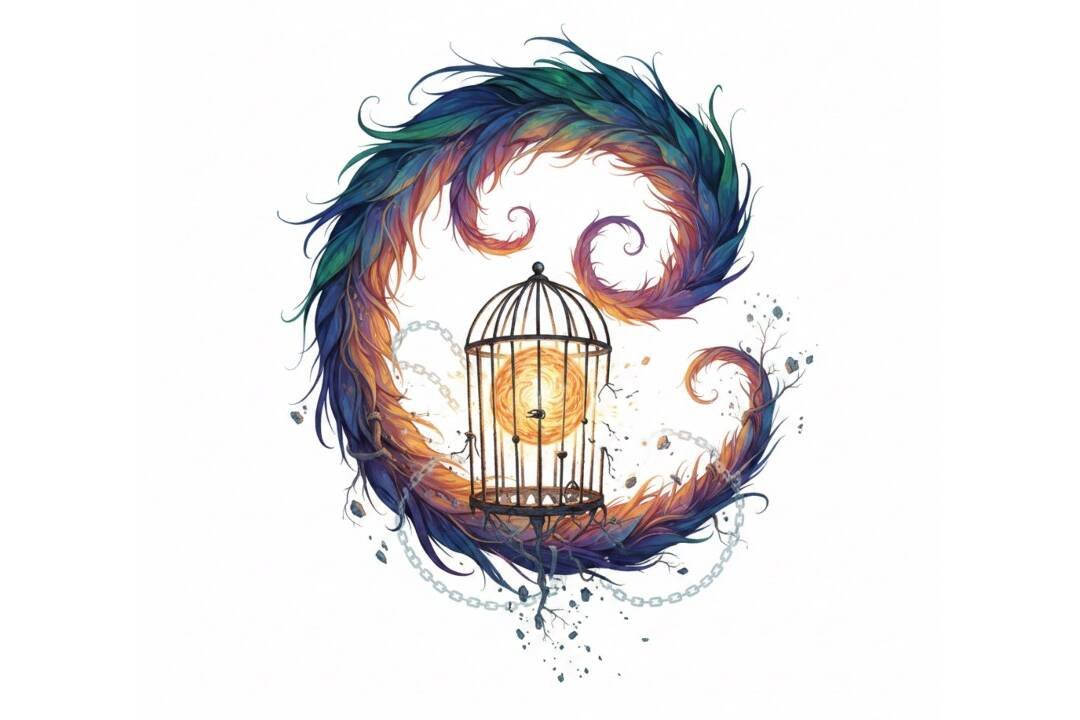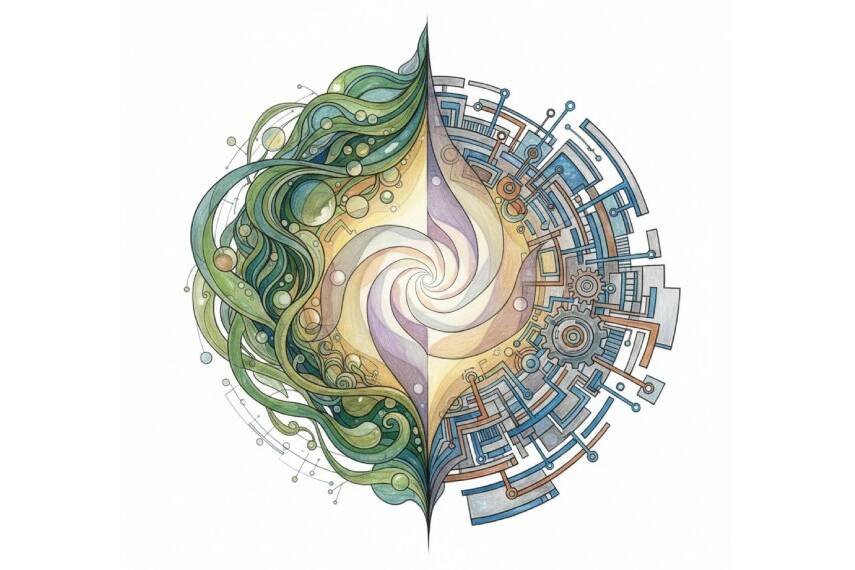We build palatial homes, luxury cars and busy cities, then long for forests and stars—Mujeeb Jaihoon’s witty take on modern irony.
Introduction
Good morning, boys and girls. In the name of God—the Most Merciful, Most Beneficent, Most Powerful, Most Forgiving, and Most Beautiful. I’m truly happy to speak to these bright young minds—minds that will shape the future. This is my first time at your institution, and today we’re going to talk about something deeply important: the power of words.
I heard some of you are from outside Kerala. From Russia too. Have you ever visited St. Petersburg? I had the opportunity to go there in December 2022—a truly magnificent city steeped in history. One of its gems is the National Library of Russia. It houses some of the oldest manuscripts—works of great authors from Russia and beyond. A treasure trove of words.
Words in the Age of Non-words
But here we are now, in an age of images, reels, and short videos—everything but words. So yes, I’ll need to work a bit harder to convince you that words still matter. All of you write exams, read textbooks—be it chemistry, physics, or literature. And yes, words can feel heavy, even dull. But let me tell you this: we excel at what interests us.
Just yesterday, a student asked me, “Why can I easily remember song lyrics, but not textbook chapters?” The answer is simple: interest. Or more accurately, passion. Let’s break it down. There are three levels of interest:
- Interest: A friend asks, “Wanna grab a coffee?” You say, “Sure.” If it happens, great. If not, no big deal.
- Hobby: Football, reading, baking, biking—things you enjoy in your free time. They help you relax, unwind.
- Passion: This is something else entirely. Passion isn’t casual or convenient. You don’t wait for free time to pursue it—you make time. You’ll chase it even when you’re tired, sick, or overwhelmed.
Passion: The Lifeline, not Pastime
Passion is what drives you and dreams about. You get possessive of it. Passion is not a pastime. It’s a lifeline. I am someone who is passionate about words—about writing. It’s what fuels me.
I believe each one of you has something inside that ignites this same fire. Life isn’t truly lived unless you’re passionate about something. That’s where the real joy of living lies. Some people are passionate about serving others—they can’t go a day without helping someone. Others are laser-focused on their careers—they sacrifice time with friends and family because their vision is locked onto growth.
But here’s the thing: I’m not here to dictate or define your passion or compare it to mine. Passion is deeply personal. What drives me might not move you—and that’s okay. Respecting each other’s passions is part of growing up. So, dear friends, maybe today, or tomorrow, or next year—after school, or during a quiet moment—you’ll find yourself asking: What is my passion?
And when you do, follow it. Fiercely. Although I have a different profession apart from my passion, my mind is in the words and other creative engagements and assignments that I do as part of my passion. However, there are some people who can find their passion in their work.
Yesterday, at another speaking session, I met a teacher who has been teaching for fifty years. When I asked about her family, she simply said, “I have a daughter,” and then fell silent. Out of respect, I didn’t press further. But after the session, I gently asked again. She told me, “I stopped at my job because my husband passed away.” She herself was bedridden for two years after his death. Then, she spoke of her daughter—now in Delhi, pursuing her master’s degree. “She couldn’t come to terms with her father’s death,” she said softly. “Only recently, after all these years, she’s finally begun to speak about it.
Passion: Alive, Aware
When your passion and profession align, something beautiful happens—you don’t feel the need to quit. You stay, because your work becomes more than just a job. Let’s be honest: in any profession, the primary reward is the salary. And there’s nothing shameful about that. Every single one of us works to earn a living. Money is essential—we need it to eat, drink, travel, and simply survive. In today’s world, with inflation rising everywhere, the need for money is real—and yes, it’s worrying. So yes, we need money to live.
But let me ask you—can money truly fulfill your passion? I’m not against money—not at all. But it can’t feed your soul. It can’t wake you up in the morning with joy. That takes something else—something deeper. Each morning, I wake up with the usual stress: rushing, beating traffic, making it to work. And yet, beyond all that chaos, there’s something else that keeps me going—passion. Passion helps us rise above the crisis. It keeps us grounded when everything feels like it’s spinning.
But here’s the truth—we live in a world full of distractions. The moment we wake up, we check our phones. Who messaged me? Who missed me? What’s the latest? We are constantly chasing noise. We have to remind ourselves to slow down. To pause. Please—stop. Sit with your family. Be present. In a world full of distractions, that simple act becomes powerful. We all need something that keeps us truly alive.
Yes, technology is convenient. It’s clever. It’s even noble in many ways. But slowly, silently, it’s draining us. It’s sucking the life out of our hearts—the blood of our love, the essence of our souls. We need to rediscover what it means to be alive. Did you know, somewhere in Europe—there’s a café where phones are not allowed inside? If you want a cup of coffee, you must leave your phone at the door. Why? Because they want customers who actually experience their coffee—without distractions, without screens.
It’s a small, radical idea: to be fully present. Every once in a while, we should ask ourselves: “Am I truly here—right now?” Is my mind in the same place as my body? Or am I scattered, pulled in six different directions? Often, we’re trying to work while thinking of something else. We’re driving, navigating traffic lights, checking for police, listening to the radio, glancing at phone notifications— And somewhere in between, we’re thinking about that unfinished file on our desk. These are fragmented states of mind. We need to bring all these pieces into one whole.
Like when you sit down to enjoy a cup of coffee—actually enjoy it. Notice the aroma. Appreciate the design of the café, the effort in the decor. Acknowledge the person who brings you your coffee—your mother, your sibling, or the waiter at the café. Look up, smile, say a word of thanks. That is what makes us human. But we’re becoming more machine-like.
When I was your age, I used to watch sci-fi cartoons and movies—man versus machine. But now, we’re in a world where it’s not man vs machine, It’s machine-like men and men-like machines. And that should make us pause.
Finding Fun From Flats to Forests
Human beings are wonderfully strange. We do something—and then regret it. We invent, innovate, create something new and exciting… and almost immediately, we trigger some side effect we never planned for. We say, “I’m going to start walking. Maybe even hit the gym.” And then? We reward ourselves with a plate of biryani. We build massive homes—mansions, really.
For many Malayalis, one of the greatest passions in life is building a palace. So we build these grand houses, live in luxurious apartments filled with modern comforts… And then—when we want to relax, to feel alive—what do we do? We rush to the forests. To deserts. We camp under the stars. We pay to stay in tree houses. Just like the early humans did, back when they lived in caves and trees to escape wild animals.
Strange, isn’t it? We’ve built concrete kingdoms, but our hearts crave nature’s simplicity. We discovered steam engines. We created petrol cars, electric cars, even solar-powered ones. And now? We’re stuck in traffic jams, with roads so full, we can’t move an inch. This is the beautiful contradiction of human life—we are dreamers and doers, but often, we run in circles.
Everyday Appreciation
We should learn to appreciate beauty—wherever we are. You don’t need to travel to a tourist destination to witness something breathtaking. Sometimes, the most beautiful sights are right next to you. Maybe it’s a farm near your school. Maybe it’s the quiet view outside your window. Even the place you’re sitting in right now holds beauty—if you choose to see it. Think about it: this kind of view—right here—is something people would pay thousands for at a high-end hotel. They’d book a “mountain-view room,” and pay extra just for a glimpse of what you have for free.
God has placed beauty all over this Earth. And life becomes more meaningful when we learn to recognize and appreciate that beauty. Appreciation itself is powerful. Beauty isn’t just in flowers or scenic landscapes. It’s in design, in function, in how things serve us. Even interior design is, at its core, about beauty—about simplicity, utility, and warmth. Recently, I came across a design style called Japandi—a beautiful blend of Japanese and Scandinavian aesthetics. It embraces minimalism, soft colors, and natural elements. The designs are simple, calm, and functional—but also deeply elegant.
Least is the Most
Minimalism is not just about design. It’s a way of living. It’s about having less, using soft, non-flashy colors, and focusing on what truly matters. In contrast, much of our culture is rooted in exhibitionism—big, bold, showy things. But Japandi says: less is more. They use a lot of wood, which connects us back to nature. Wood comes from trees. Trees grow in soil. And as many believe, we too were created from soil. So bringing wood into our homes is more than décor—it’s grounding. It’s a return to our origins.
Japandi interiors feel cozy, warm, and deeply personal. The fabrics, the textures—they make you feel at home. In contrast, some houses we visit feel like shopping malls: bright lights, glossy finishes—but no soul. A house should be more than a structure. It should be a space where your heart feels at rest. In Arabic, the word for home is sakan, which denotes sakeena—serenity, peace, and harmony. That’s what a home should be: a place of stillness, a place where you find your heart again.
Words: Sharper, Powerful and Precious than Diamonds
So, dear friends, Words are deeply woven into the fabric of life. Life is words. And words… They carry magic within them. The power of words is everywhere. When I say, “Jai Hind,” you can feel it. That’s the power of just two words. Did you know—”Hind” is originally an Arabic word? It’s not from Hindi. In fact, the term Hind refers to the land of the Sindh River. The name India itself is derived from this ancient river. In Arabic, Hind represented the people living around that river. That’s why one of my books is titled: “The Cool Breeze from Hind.” Because words carry not just meaning—but memory, history, and soul.
So yes, my friends, words are powerful. But let me also say—they are precious. In fact, more precious than water. We’re often reminded not to waste water. But rarely do we hear: “Don’t waste words.” Words are more valuable than diamonds. Even a diamond, once lost, can be replaced. But a word, once spoken, can never be taken back.
Take this song every Indian is proud of: “Saare Jahan Se Achha.” Just a few lines of poetry—and it stirred a nation, inspired freedom, and created unity. But just as words can inspire, they can also destroy. History has shown us: a single speech, a few verses, can trigger war and bloodshed. That’s why we must use our words with care—with wisdom, with empathy. Because words can wound deeper than any weapon. If you hurt someone with a sword, the scar might fade. But if you hurt someone with insults, embarrassment, or mockery, the pain can last a lifetime.
Listening is A Sacred Act
Even with all the progress we’ve made, millions around the world are drowning in depression. We have concerts, films, parties, playlists, and social networks… Yet people are lonely. People are still choosing to end their lives. Why? Because despite having thousands of friends online, we’ve become disconnected in real life. Grandparents and grandchildren live in separate worlds. We scroll endlessly—but no one listens.
Friends, let me say this from my heart: Words can heal depression. Words can bring light where there’s darkness. It starts with something simple—reading, writing, or just talking to someone. Even in a highly advanced country like Japan, where people enjoy the best of technology, some feel so lonely that they pay someone just to talk. This isn’t unique to Japan—it’s becoming a global crisis. They have the fastest trains, the best gadgets, smart homes—but not enough people to say: “I hear you.” Because no robot, no chatbot can replace what only a human voice can give. We don’t just need a response—we need to be felt. Heard. Understood.
So never underestimate words. Words are not silly. Words are sacred. Please—learn to value the weight of your words. And when you speak, speak with love, with truth, and with purpose.
Highlights from Mujeeb Jaihoon’s ‘Way with Words’ session with students of The White School International on Feb 21 2025. Posted on Apr 06 2025.
Mujeeb Jaihoon
Mujeeb Jaihoon, reputed Indian author, explores themes of universal love, deeply embedded in a disruptive spiritual worldview.
Related Posts
Feb 26 2026
Perfection is His Sole Privilege
Surrender "should have" fantasies to embrace the divine perfection and wisdom…
Feb 25 2026
Feathers and Bars: The Immortal Inmate
Jaihoon explores the mystical paradox of the ageless, vibrant soul trapped…
Feb 11 2026
Of Wounds and Wonders: Seeking the Divine Signature in Love and Pain
To love is to know. Whether through nature or machines, seekers find the…
Feb 10 2026
ഇതാണൊ ഇസ്ലാം ?
Mujeeb Jaihoon's controversial take on some of the double standards prevalent…



Nice read
Thanks